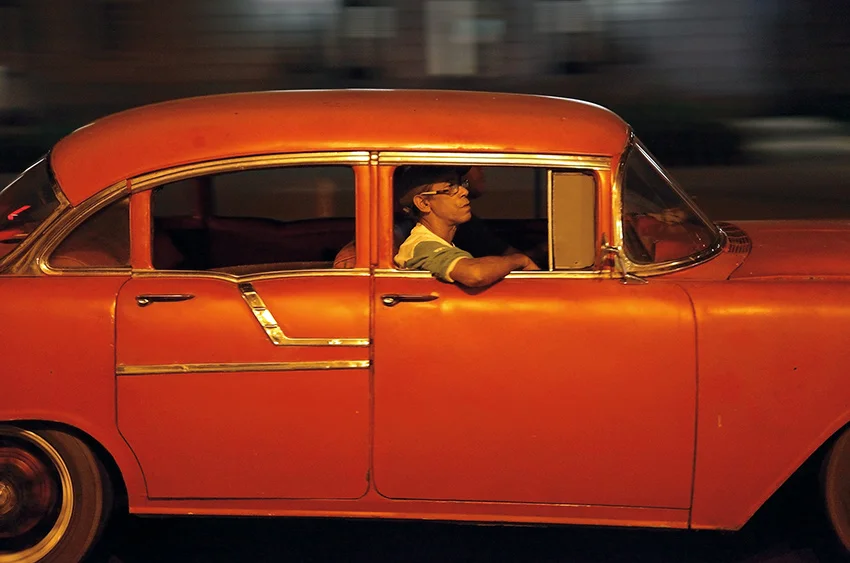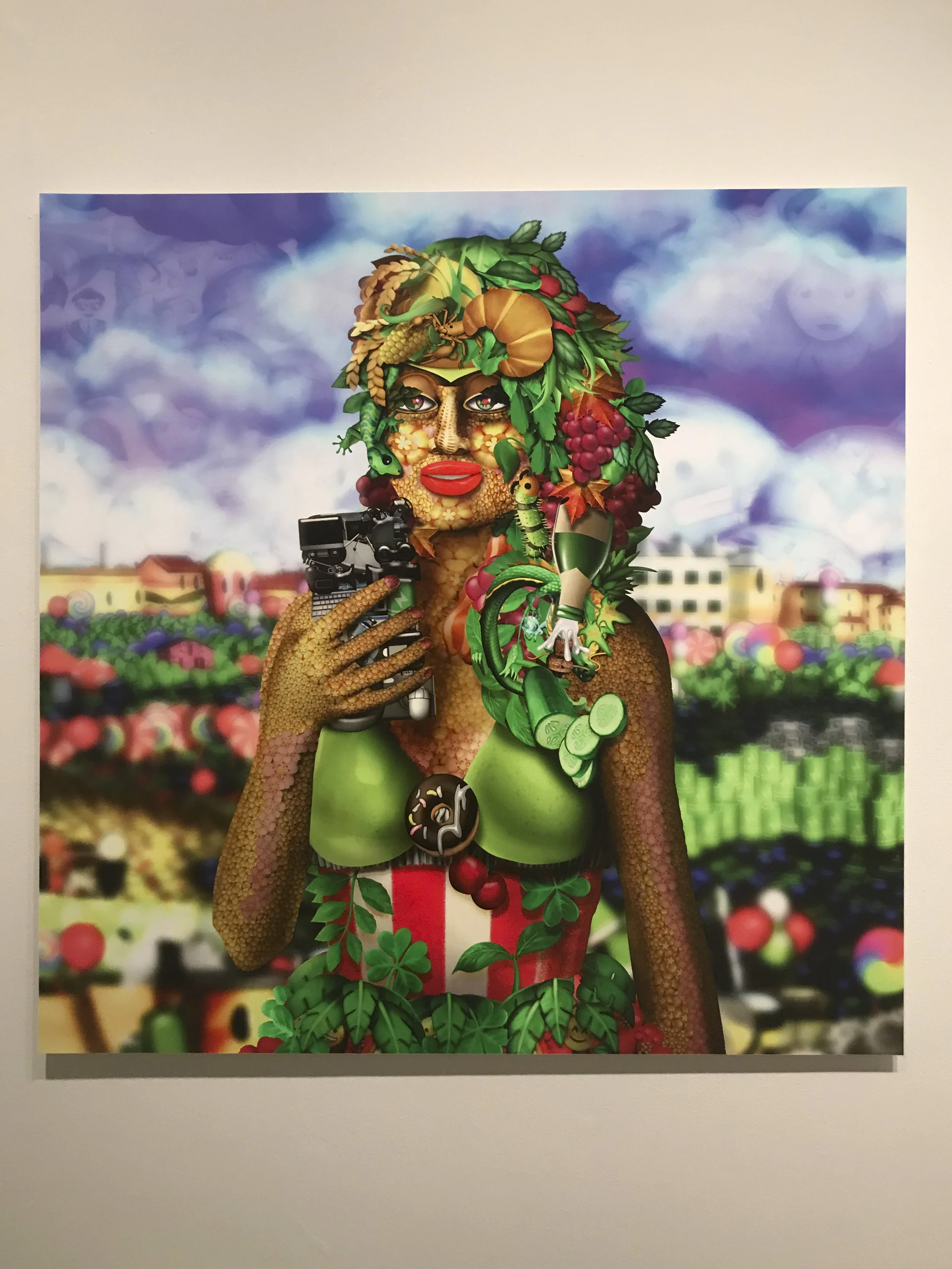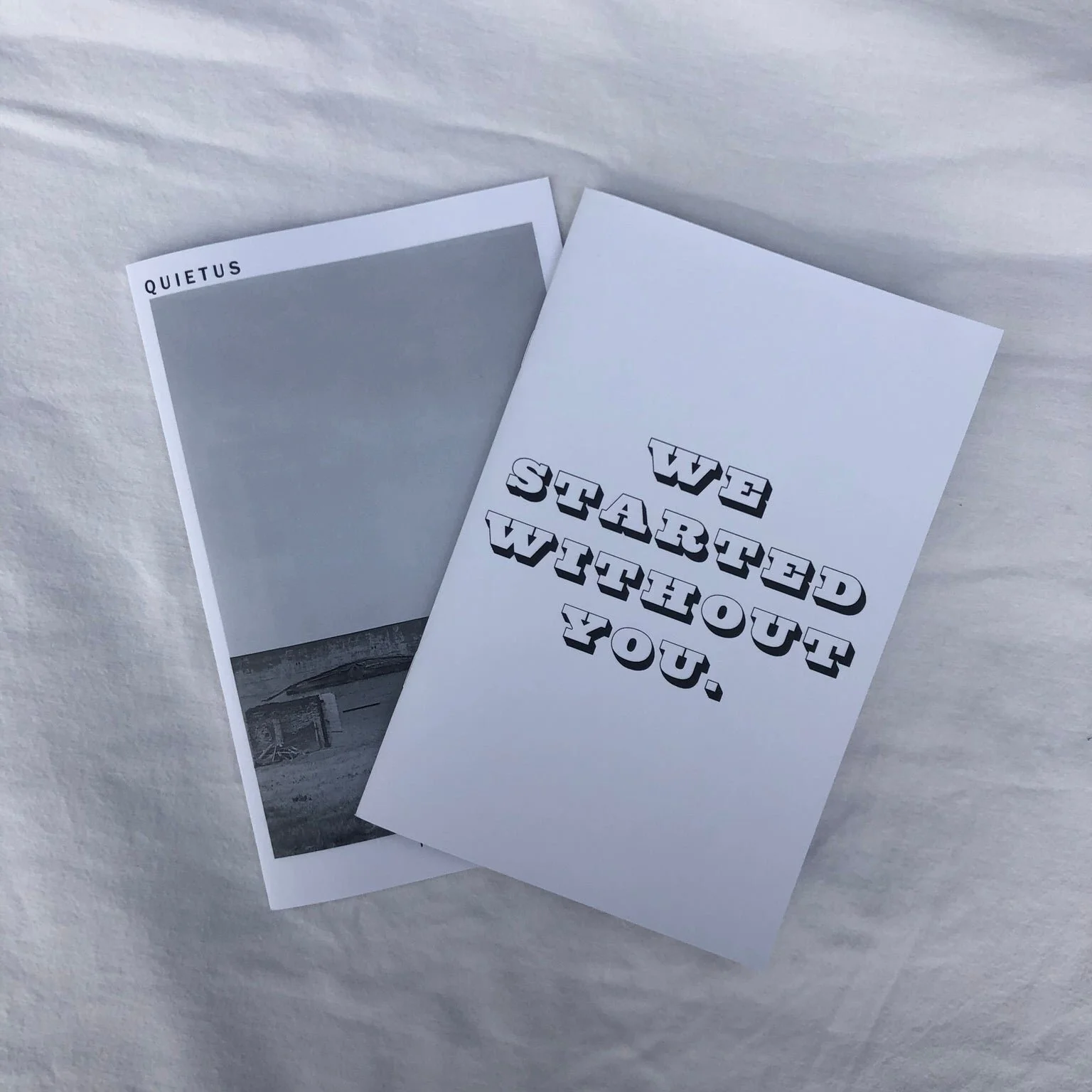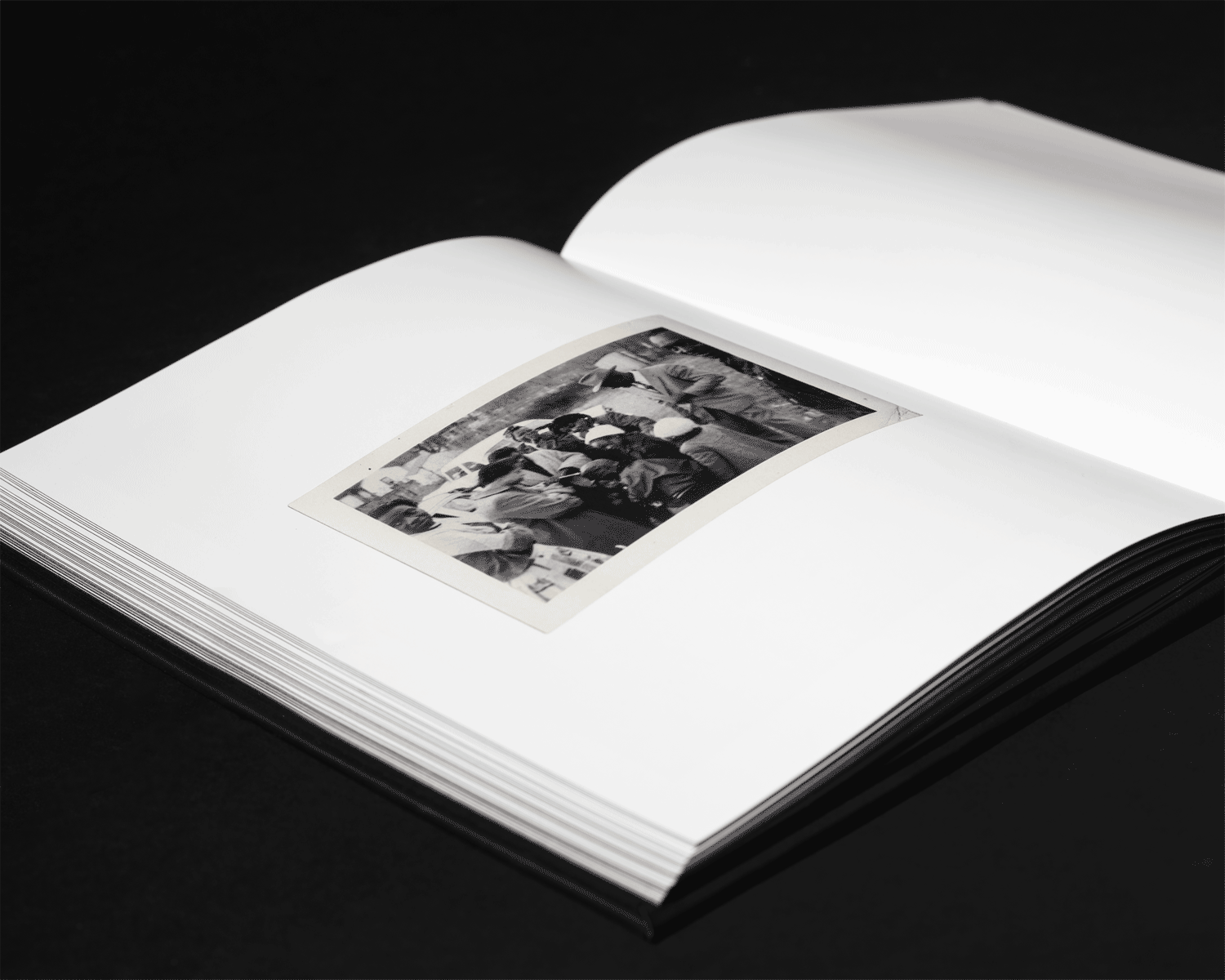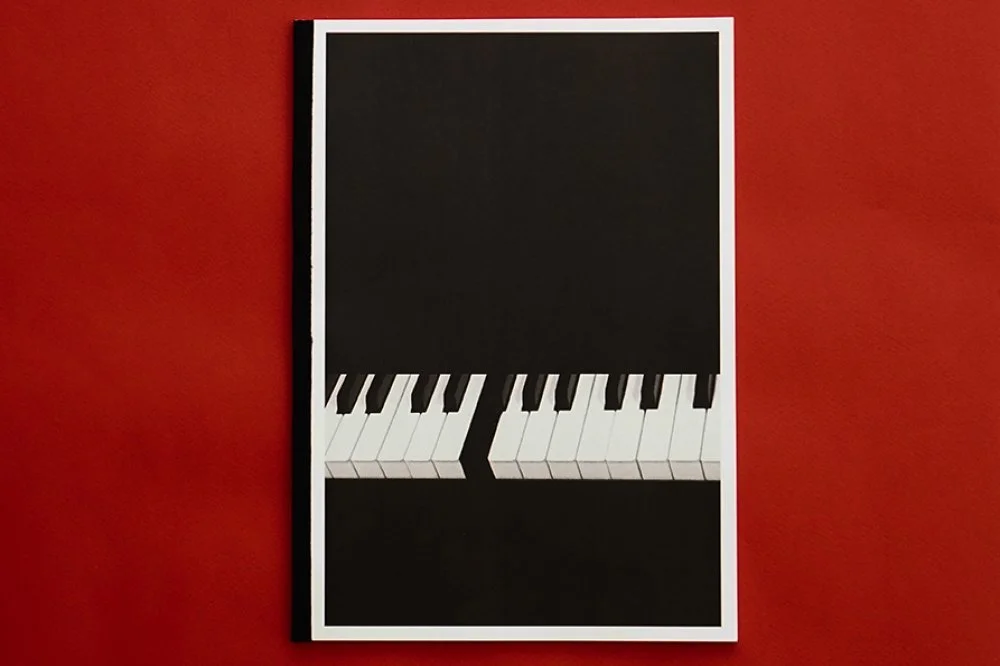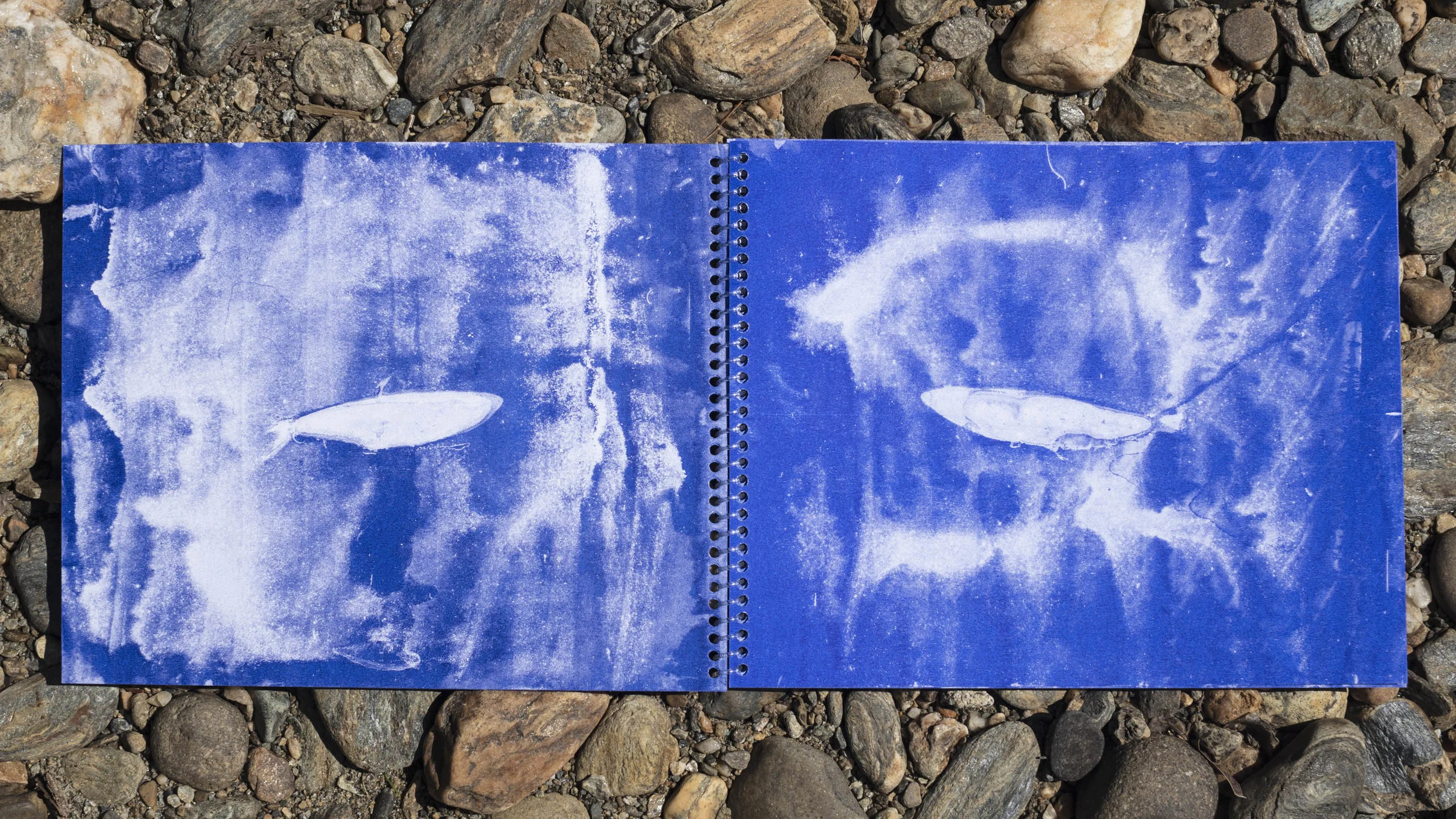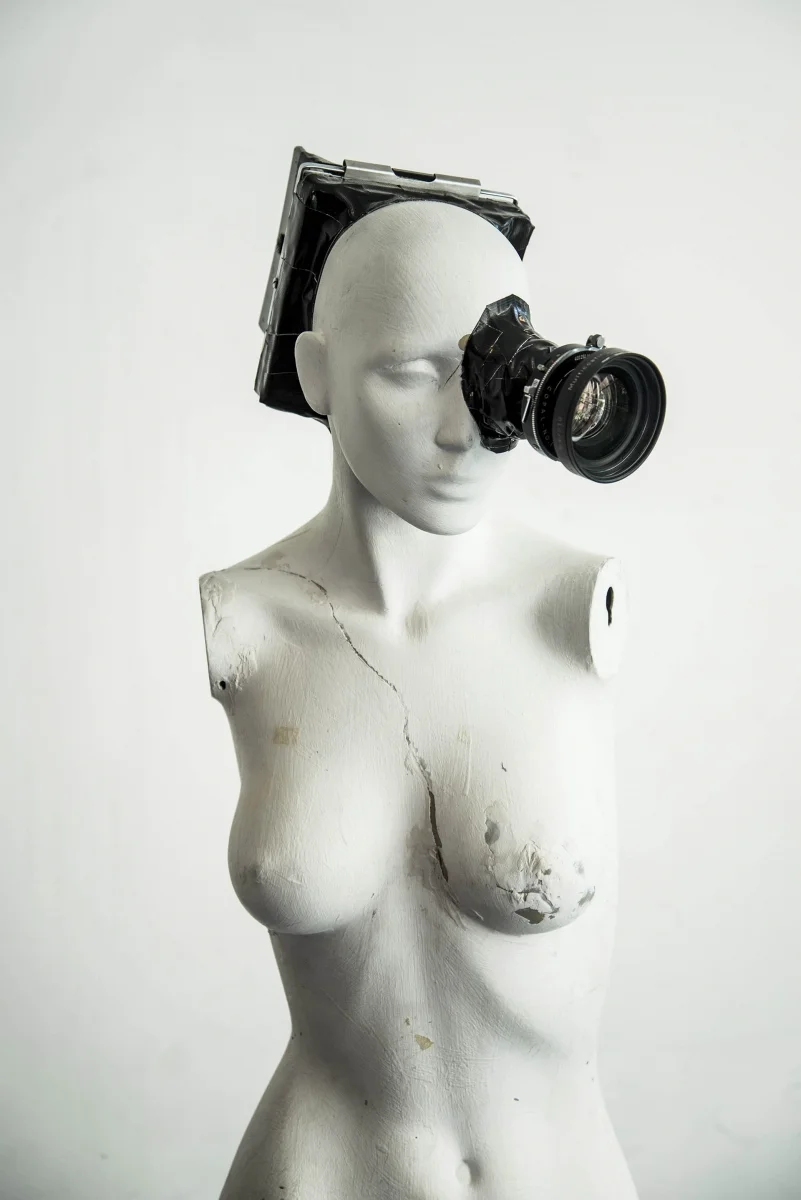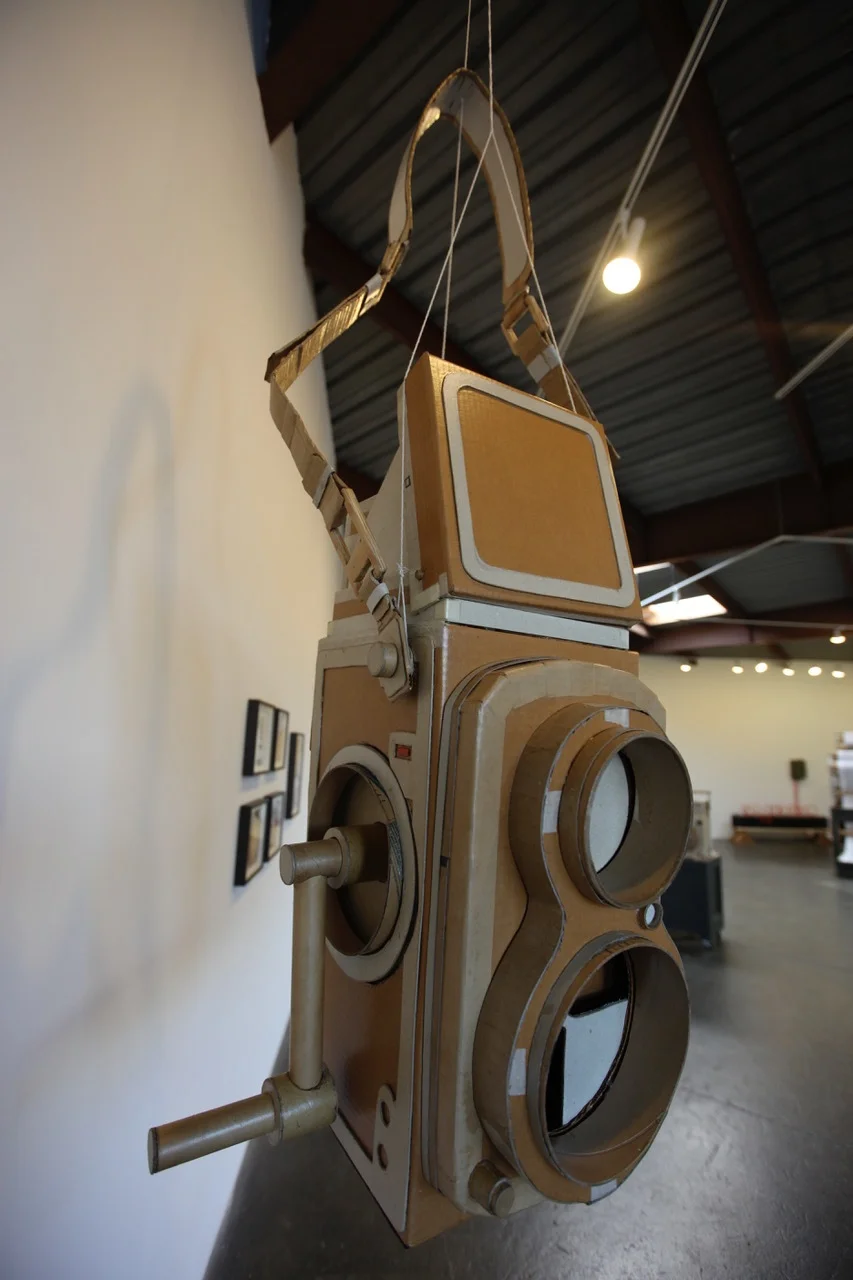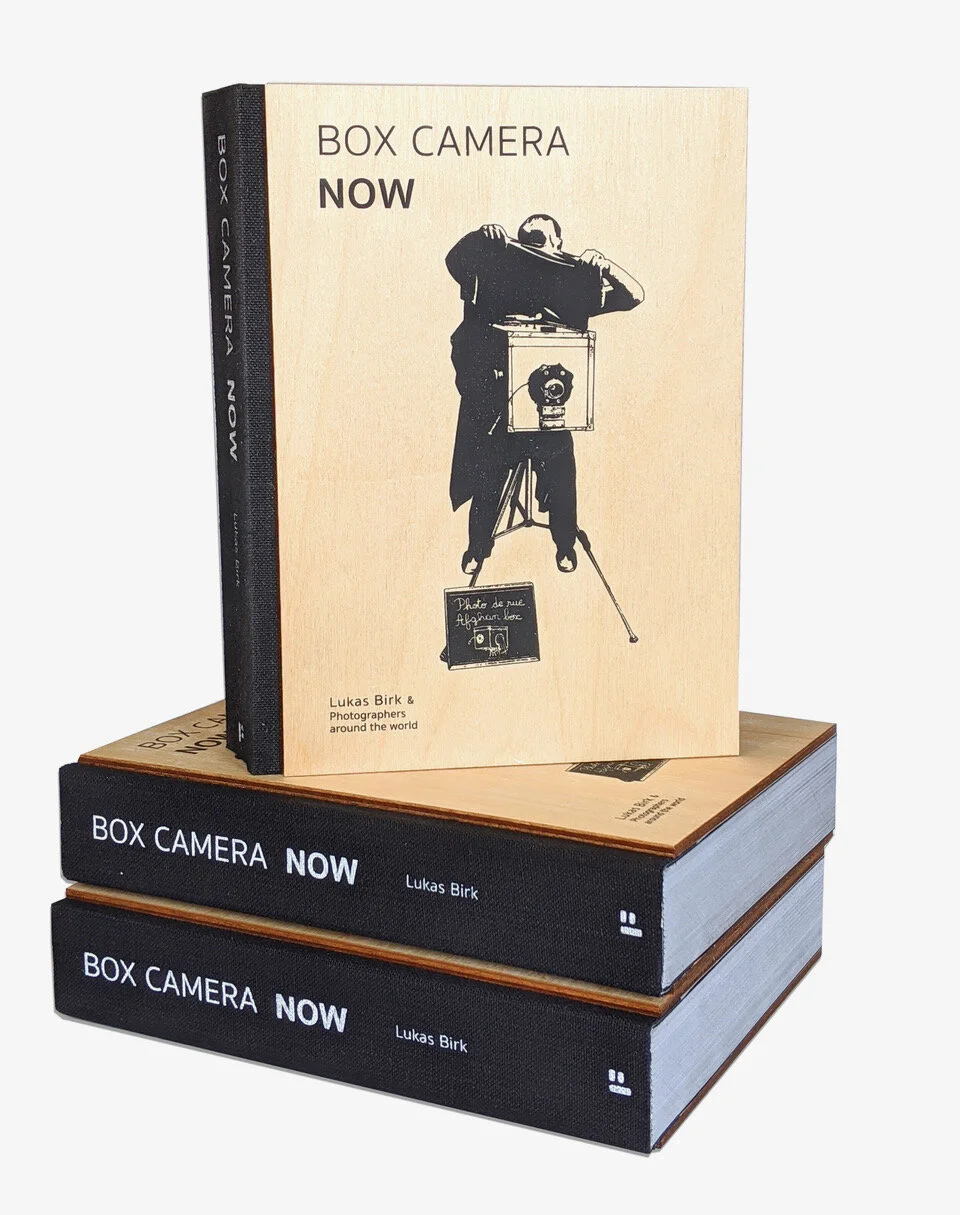These days more photographs are being made than ever before, and yet fewer people are experiencing them as prints. Will the next generation of photographers be saturated in imagery yet never handle a traditional print? UK-based photographer and educator Craig Austin believes that this would be a tragedy. To foster appreciation for the physical print he launched Vimpt, a project to put free, handmade prints in the hands of digital photographers who might not otherwise see their work printed.
Vimpt is short for “very important,” and Austin now spends approximately 20 hours each week making salt prints and cyanotypes from Instagram images bearing the hashtags #vimptfreeprint and either #saltprint or #cyanotype. The selected images are printed as requested and mailed to the photographer free of charge.
An accomplished analogue printer and photographer, Austin began making alternative process prints from digital files while teaching with Jonathan Worth as part of the free online photography class Phonar Nation. His goal was to provide free access to photography information, particularly to those who wouldn’t normally have it. As part of the class, Austin made salt prints from the students’ smartphone pictures and mailed them overseas along with how-to instructions for the process. Inspired by the success of this transatlantic lesson plan, Austin decided to expand the project through Instagram. With its global user base and built-in means of communication, the image-centric social media channel is the perfect way to connect with photographers outside of an institution and reach people who may never have considered the physicality of their images. “I think the link between materiality and the digital is really important; a material object helps us to anchor the meanings of an image. A historic printing process also connects the image to photographic history … and the print is a beautiful object! Looking at and making photographs is a totally different experience to scrolling through images on a screen. A portfolio of prints is quite different from a USB stick!” Craig says of the project’s importance.
Since launching Vimpt in November 2015, Austin has received over 14,000 submissions. While he can’t print every submitted image, those who have been sent prints of their images have expanded the conversation by posting photos and videos of receiving and framing their Vimpt prints. Better still, many participants have begun to print their images themselves (both in the darkroom and digitally) for display on their walls, shelves, refrigerators, and other places where they can view their art daily.
Vimpt print received by @naumachos1963
Photo by @pjer1 (cyanotype)
Photo by @storyboxart (salt print)
Photo by @davegetzschman (cyanotype)
Photo by @olycow (salt print)
Photo by @wallets246 (salt print)
Photo by @snapshot_edit
Photo by @jazzcfree
Kat Kiernan is the Editor-in-Chief of Don’t Take Pictures.
























































